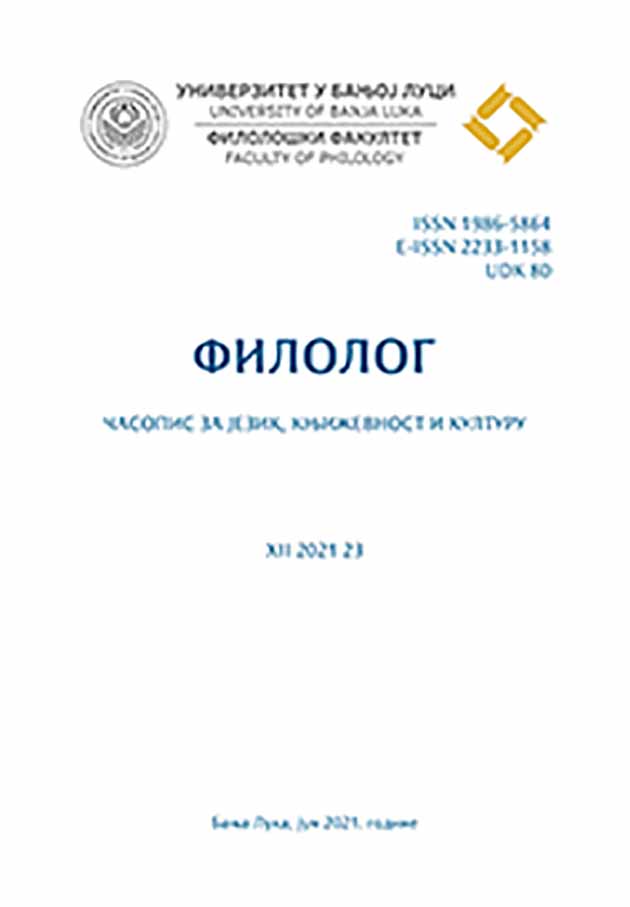Асоцијативни речници као извор за истраживање транзиционих промена у руском и српском друштву краја ХХ и почетка ХХI века
Associative Dictionaries as a Source for Research on Political Changes in Russian and Serbian Society During the Late 20th and Early 21st Century
Author(s): Ksenija J. Končarević, Jelena B. VasovićSubject(s): Comparative Linguistics, Sociolinguistics, Eastern Slavic Languages, South Slavic Languages
Published by: Филолошки факултет Универзитета у Бањој Луци
Keywords: sociolinguistics; sociology; associative dictionary; associative fields of a lexeme; modern Russian language; modern Serbian language;
Summary/Abstract: This essay deals with the analysis of the content and the structure of the associative fields of lexemes from the semantic field “politics and society”in Russian and Serbian languages on the material of associative dictionaries.The aim of this study is the reconstruction of the notions of the political changes in the consciousness of both language speakers. The results are set in correlation with the recent sociological studies of the transition in Russian and Serbian society. The analysis we conducted here shows the compatibility of the picture of society due to political changes in the language consciousness of the contemporary speakers of Russian and Serbian language with the findings obtained by sociological methods. The attitude towards the new, transitional society and the values on which it is based is mostly negative, judging by the structure and content of AF of lexemes from the sphere of politics, especially among Serbs, where it is more negative, more emotionally and expressively marked than among Russians. Also, there is greater dissatisfaction with the situation in the country among Serbian respondents,however, nostalgia and reflection about the past can be noticed among speakers of both languages.
Journal: Филолог – часопис за језик, књижевност и културу
- Issue Year: 2021
- Issue No: 23
- Page Range: 58-93
- Page Count: 36
- Language: Serbian

